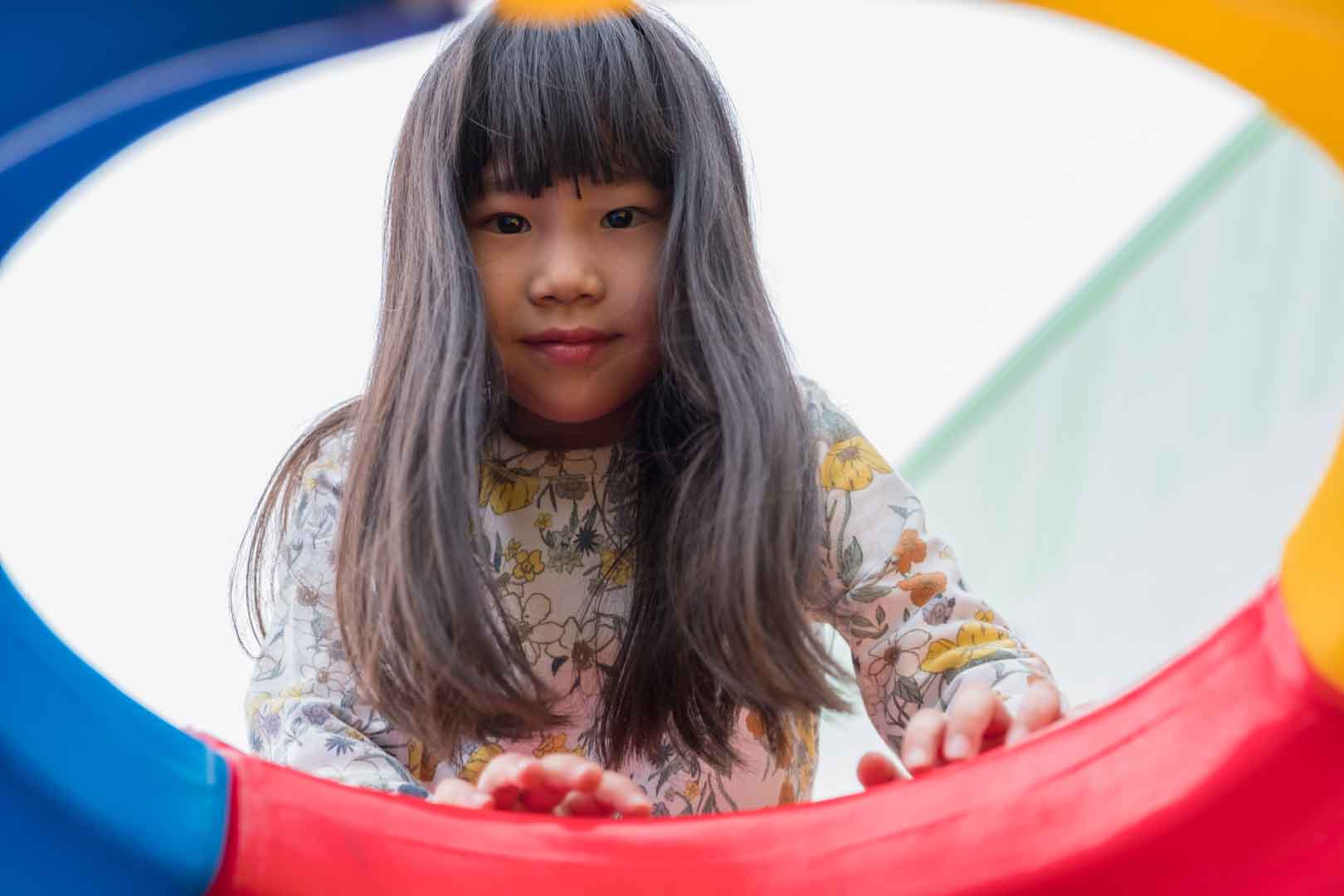When a child doesn’t speak, it doesn’t mean they have nothing to say. Many nonverbal children are intelligent, curious, and eager to communicate—but they lack the tools or support to express themselves. At OrbRom Center in Phnom Penh, we specialize in working with nonverbal children through individualized speech therapy programs designed to unlock alternative ways of communication and, when possible, build toward verbal speech.
Whether a child is nonverbal due to autism, developmental delays, or another condition, our goal is the same: to help them be understood and to give them a voice—whatever form that takes.
Understanding Nonverbal Communication
“Nonverbal” doesn’t mean “unable to communicate.” Nonverbal children may use gestures, eye contact, facial expressions, or body movements to get their message across. However, without structured support, they may struggle to express needs, wants, emotions, or participate in school and social settings.
Common causes of nonverbal communication include:
-
Autism Spectrum Disorder
-
Global developmental delay
-
Childhood apraxia of speech
-
Traumatic brain injury
-
Genetic or neurological disorders
Speech therapy helps identify the best method of communication for each child, whether that’s spoken language, sign language, or a technology-based communication system.
How OrbRom Center Supports Nonverbal Children
Our team of speech-language pathologists in Phnom Penh creates customized therapy plans based on the child’s abilities, interests, and sensory profile. The key is starting from where the child is—and building upward.
Therapy strategies may include:
-
AAC (Augmentative and Alternative Communication): Devices, apps, or picture systems that allow children to communicate without speech
-
PECS (Picture Exchange Communication System): A structured visual system where children learn to make requests or comments using images
-
Sign-Supported Speech: Using simple signs alongside speech to boost understanding and expression
-
Oral-Motor and Sensory Activities: Supporting the physical aspects of speech development and increasing readiness for verbal attempts
Our sessions are sensory-friendly, flexible, and designed to reduce anxiety. Tools like the Sensory Rocking Chair and Weighted Sensory Blanket help regulate the nervous system, especially for children with sensory processing differences.
Communication Goals Go Beyond Speech
For many nonverbal children, progress comes in small but powerful steps:
-
Pointing to request a toy
-
Using a picture card to ask for food
-
Making eye contact to signal “yes” or “no”
-
Touching a communication device button to say “I want to play”
These breakthroughs change everything—from reducing frustration and meltdowns to improving behavior, sleep, and classroom participation. Speech therapy helps children not only express themselves, but also understand others and feel included in daily routines.
Parents as Communication Partners
Parents are the most important partners in the communication journey. At OrbRom, we actively train and involve families in every step of therapy. Our team provides:
-
Home practice activities using visuals and daily routines
-
AAC training for parents and caregivers
-
Support with managing emotions and communication breakdowns
-
Guidance for communicating across languages (Khmer and English)
We also recommend sensory supports at home. Products like the Sleep Sound Machine can improve rest and emotional balance—both critical for nonverbal learners who may struggle with overstimulation.
When Should Nonverbal Children Start Speech Therapy?
The earlier, the better. Nonverbal children benefit most from early and intensive intervention. If your child is not using words by age 2–3, or has stopped using speech they previously had, a Developmental Assessment can help identify next steps.
Look out for signs such as:
-
Lack of pointing, eye contact, or gestures
-
No verbal language by age 2.5
-
Not responding to their name
-
Difficulty following simple commands
-
High frustration during communication
Even if your child is older, it’s never too late to begin speech therapy. We adapt our approach based on developmental level, not just age.
Why Phnom Penh Families Choose OrbRom Center
OrbRom Center is one of the only centers in Cambodia with experience in AAC and nonverbal speech therapy. Families trust us because we offer:
-
Certified speech-language pathologists with training in nonverbal communication
-
Bilingual therapy options (Khmer/English)
-
Sensory-integrated spaces tailored for neurodiverse children
-
Strong family involvement and real-world communication goals
We don’t force speech—we support communication. Our mission is to help each child connect, be understood, and participate fully in their world.
Conclusion: Communication Comes in Many Forms
Speech therapy for nonverbal children isn’t just about talking—it’s about building a bridge between what they know and how they can share it with others. At OrbRom Center in Phnom Penh, we celebrate every form of communication, from signs and visuals to first spoken words.
If your child is nonverbal or struggling to communicate, we’re here to help. Explore our Speech Therapy Services to learn how we can support your child’s voice—whatever form it takes.
We are the only Preschool specialized on children with special needs in PhnomPenh.
- Internationally qualified teachers
- Cambodia’s largest sensory room
- Outdoor swimming pool
- Covered outdoor playground
📞 Phone: 077.455.993
Telegram Link: https://t.me/OrbRom








Leave A Comment